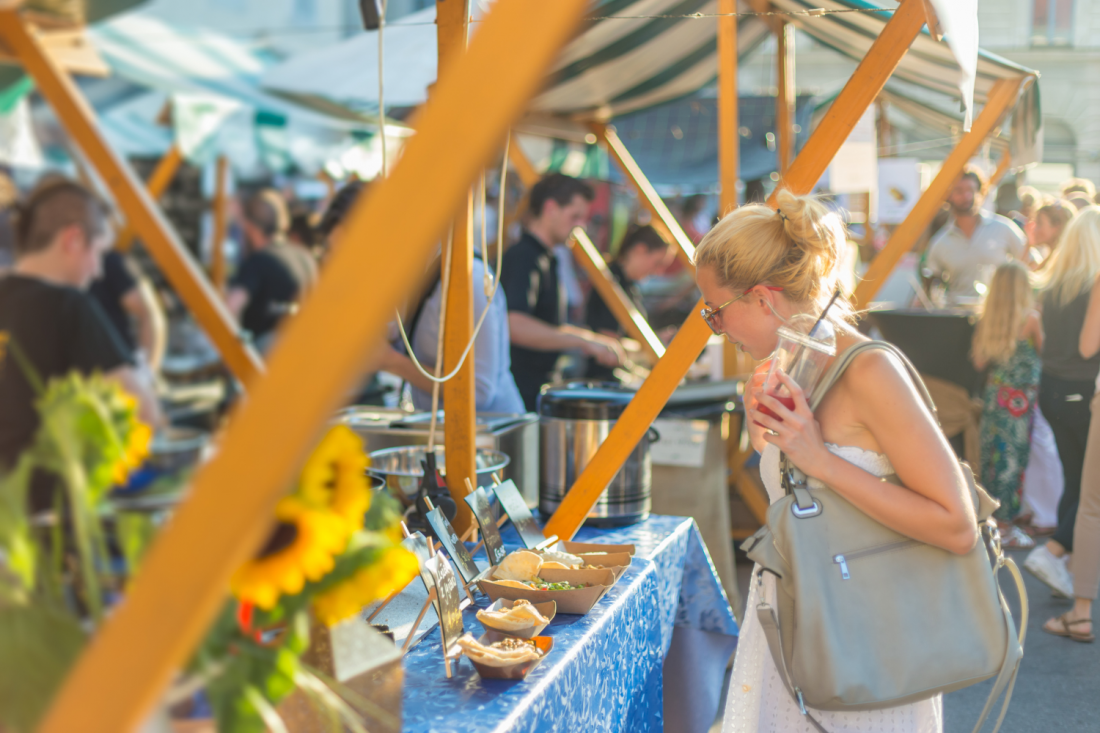Preserving the Mediterranean Diet: Portugal's iHERITAGE Project Celebrates Rich Cultural Heritage

Portugal is making strides to preserve and promote the Mediterranean UNESCO cultural heritage through an innovative project called iHERITAGE. Spearheaded by the University of Algarve, the project aims to create cross-border living labs for research and innovation.
One of the key objectives of the Portuguese team is to highlight the importance of the Mediterranean Diet and its role in shaping the cultural identity of the region. To this end, they have chosen Tavira as their case study, a beautiful town known for its rich cultural heritage centered around the production and consumption of olive oil.
To celebrate the significance of the Mediterranean Diet, Tavira is currently hosting a Sea Food Festival that showcases the finest local and seasonal produce, highlighting the associated culinary practices and traditions that have been passed down through generations. Visitors can expect to sample an array of delectable seafood dishes, along with regional wines and sweets.
Ana Paula Martins, President of the municipal council, stressed the importance of celebrating the local seafood tradition and inviting both locals and visitors to discover the creations of the 27 participating restaurants. The city's focus on preserving and promoting the Mediterranean diet has helped it earn the honor of being chosen by Portugal to represent this cultural heritage as UNESCO Intangible Cultural Heritage of Humanity.
As part of the iHERITAGE project, the University of Algarve is developing digital platforms to enhance the cultural experience, history of the landscape, and sense of identity and continuity of knowledge of the Mediterranean Diet. The project is funded by the EU through the ENI CBC Mediterranean Sea Basin Programme.
In short, Portugal's participation in the iHERITAGE project is a testament to its commitment to preserving and promoting the rich cultural heritage of the Mediterranean. Through innovative experiences and cross-border collaboration, the project aims to preserve and celebrate the traditions and practices that have shaped the region's cultural identity for centuries.









